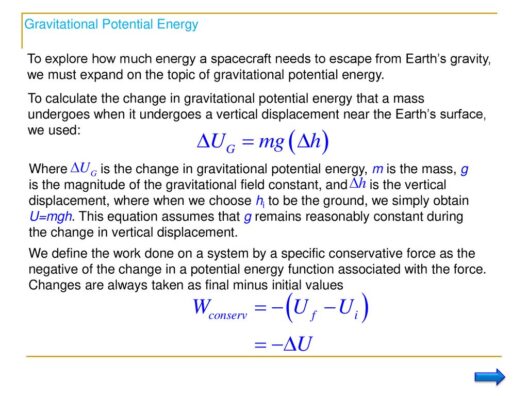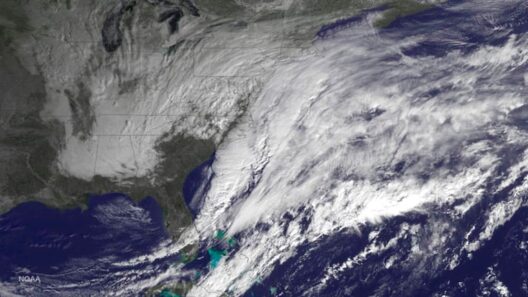The debate surrounding global warming has intensified over the past few decades, culminating in a polarized discourse that oscillates between alarmism and skepticism. Are the effects of global warming real, or is it merely a construct of media sensationalism? This inquiry necessitates a multifaceted examination of empirical evidence, scientific consensus, and the socio-political frameworks that shape our understanding of climate change.
To commence, one must delineate the fundamental principles of global warming. At its core, global warming refers to the long-term increase in Earth’s average surface temperature due to human activities, predominantly fossil fuel combustion and deforestation. This process accelerates the greenhouse effect, where gases such as carbon dioxide and methane trap heat in the atmosphere, leading to a cascade of environmental repercussions.
Critical to the discussion is the vast array of scientific data. Institutions like the Intergovernmental Panel on Climate Change (IPCC) consolidate research from thousands of climate scientists worldwide, providing a synthesis that is difficult to contest. According to the IPCC, it is unequivocal that human influence has warmed the atmosphere, ocean, and land. This assertion is further supported by an overwhelming consensus among climate scientists, which asserts that over 97% agree climate change is principally driven by human activities. This consensus is not merely an anecdotal observation; it is backed by rigorous scientific methodology and peer-reviewed studies.
However, despite the mounting evidence, some critics argue that media outlets have sensationalized the issue, framing it as a catastrophe poised to unfold imminently. Such skepticism often focuses on perceived exaggerations regarding climate models, predictions of catastrophic weather events, or the portrayal of minor shifts as harbingers of doom. Yet, it’s imperative to scrutinize the roots of these contentions. Often, skepticism arises from a lack of understanding of climatological science or a dismissal of the nuanced differences between natural variability and anthropogenic influences.
Moreover, while some portray the discourse as hyperbolic, various phenomena confirm the tangible realities of global warming. Incidents of extreme weather events, such as hurricanes, droughts, and unprecedented heatwaves, have become more frequent and severe. By examining data collected over several years, one can observe trends that starkly correlate with rising global temperatures. For instance, records from meteorological stations indicate an increase in the frequency and intensity of hurricanes in the Caribbean Sea and the Gulf of Mexico—a direct consequence of warmer ocean temperatures.
As we pivot to ecological impacts, global warming manifests in shifts in biodiversity and ecosystem dynamics. Species that cannot adapt to rapidly changing conditions face the risk of extinction, while habitats such as coral reefs are experiencing bleaching events of alarming frequency due to thermal stress. Reports reveal that approximately 50% of coral reefs have died in the past few decades—an ecological crisis eliciting concern not only for marine life but also for human economies reliant on these ecosystems for livelihoods and tourism.
The socio-economic ramifications of global warming further amplify its severity. As temperatures rise, vulnerable communities—particularly in developing regions—face existential threats. Crop yields are diminishing due to altered precipitation patterns, leading to increased food insecurity. Migration pressure may intensify as people flee inhabitable regions, leading to potential conflicts and geopolitical instability. These stresses underscore that the ramifications of climate change are not abstract; they are front-page realities for millions affected worldwide.
Furthermore, the question of responsibility must be grappled with. The historical context reveals that industrialized nations, through centuries of carbon emissions, have contributed disproportionately to the plight of global warming. In contrast, many developing nations must often bear the brunt of climate-related disasters despite their minimal contributions to greenhouse gas emissions. The ethical dimensions of climate change thus challenge policymakers to not only focus on mitigation strategies but also on equitable solutions that address these disparities.
Despite critiques suggesting the alarmist stance taken by certain media, the reality is a convergence of scientific evidence irrefutably signaling the urgency of addressing global warming. The potential for mitigation exists through innovative technologies and sustainable practices, such as renewable energy adoption and regenerative agriculture. Collectively, these solutions can shift the trajectory of our planet’s future, paving the way for a more resilient coexistence with our environment.
A shift in perspective requires an acknowledgment of the facts laid bare by scientific inquiry. Disregarding these findings in favor of a narrative that downplays or denies the effects of global warming does a disservice to society. It is crucial to engage in discourse that prioritizes evidence and advocates for aggressive climate action rather than succumbing to the allure of complacency fostered by misinformation.
In conclusion, the effects of global warming are not a mere media fabrication or hyperbolic narrative; they are stark and consequential realities supported by scientific evidence and lived experiences. It is imperative to approach this pressing issue with the seriousness it demands—urgently redefining our narratives and actions towards a sustainable future. Embracing curiosity, fostering dialogue, and demanding accountability are essential steps in confronting a challenge that affects not just our generation but countless ones to come.







